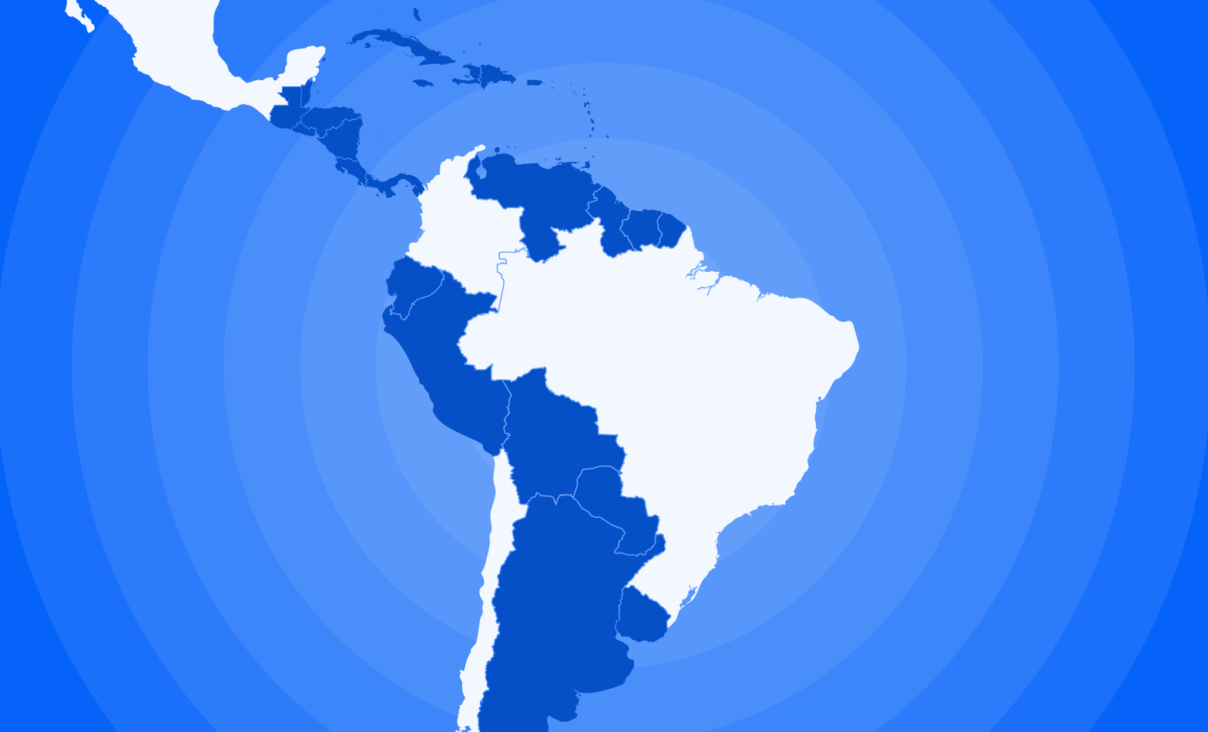If we work together as a region, we will advance Open Finance to a whole new level and become an example for the entire world.
It might seem that the road to Open Finance is solely a country effort. The will of the regulators to push for a more modernized financial system that includes Open Finance is the only way and it is a must to advance at the national level. However, the previous statement is not entirely true. Yes, a country such as Brazil has advanced drastically in comparison with the rest of Spanish-speaking Latin America, but this does not mean that the rest of the nations must advance at an individual pace. Regional cooperation in Open Finance could be the key to unlock Latin America’s sleeping giant.
First of all, the rest of Latin America can learn from its largest nation. And not only can we learn from what to do but also what not to do. Propelled by the Brazilian Central Bank, Open Finance is a reality in Brazil and citizens, financial institutions, fintechs and others are reaping the benefits. However, it is indeed far from perfect. Its regulation is difficult and costly, and a more flexible approach would be far more beneficial.
Chile seems to also be advancing rapidly. The country’s Fintech Law to be set in place soon contemplates the need for Open Finance and pushes for regulation to be established in less than a year. Also, an impressive agreement between banks and fintechs on the use of screen scraping occurred this year showing that these entities have the will and determination to be properly coordinated even without their regulator’s involvement.
Colombia, on its part, published an important decree stating its intent to regulate Open Finance, which shows an interest from the government through its financial superintendency to advance a more modern financial system. Unfortunately, the decree proposes a regulation at a voluntary level. Its policy and regulatory conversations are set to begin in January.
Mexico on the one hand advanced rapidly with a Fintech Law published in 2018 which contemplates Open Finance in its article 76 and establishes a 24 month period for its proper regulation. The regulatory authority has gotten away without publishing such, by regulating ATM data, as they are already more than 24 months late. However it is clear that the main stakeholders within the CNBV (Mexico’s federal banking and fintech regulator) are pushing for an intelligent and comprehensive Open Finance regulation.
Without a doubt, other countries in the region are advancing as well and nations such as Peru, Argentina and Uruguay will soon follow. Having roughly mapped the Open Finance terrain in Latin America, it is important to consider what can occur at a more regional level.
Collaboration as the best possible way forward
Surely, Latin American regulators meet periodically to discuss various issues and best practices from their financial systems; National Banking Associations from time to time touch base at a regional level; fintech associations share zooms from time to time and might run into each other at international conferences. But what if we all got together?
The proposal is simple: an Open Finance regional endeavor where companies, regulators, fintech associations and banking associations come together to discuss the progress of Open Finance in Latin America. Brazil can share their best practices and what hasn’t worked. Regulators can exchange ideas and hear how applying Open Finance in their country benefits the economy and the end users. Banks can leave their comfort zone and get to know the true benefits of Open Finance, etc.
This effort could be coordinated by international organizations in order to provide the proper infrastructure and knowledge. The reality is If we work together as a region, we will advance Open Finance to a whole new level and become an example for the entire world.
In part, Latin American cooperation in digital finance is already happening. Colombia’s Bank of the Republic is working with the Brazilian Central Bank to implement an immediate payment system (IPS) modeled after Brazil’s PIX.
While this might sound optimistic, we believe it's indeed more than possible: communication, willingness to learn, share, and collaborate are key ingredients that have helped these models thrive in other regions. Now, it's time to define real spaces for collaboration in Latin America that will help us move from words to actions and make a real impact, starting with the basics: understanding needs and sharing a common purpose. In the end this vision is part of Belvo's spirit and principles: constant growth and learning is the only way to move forward.




